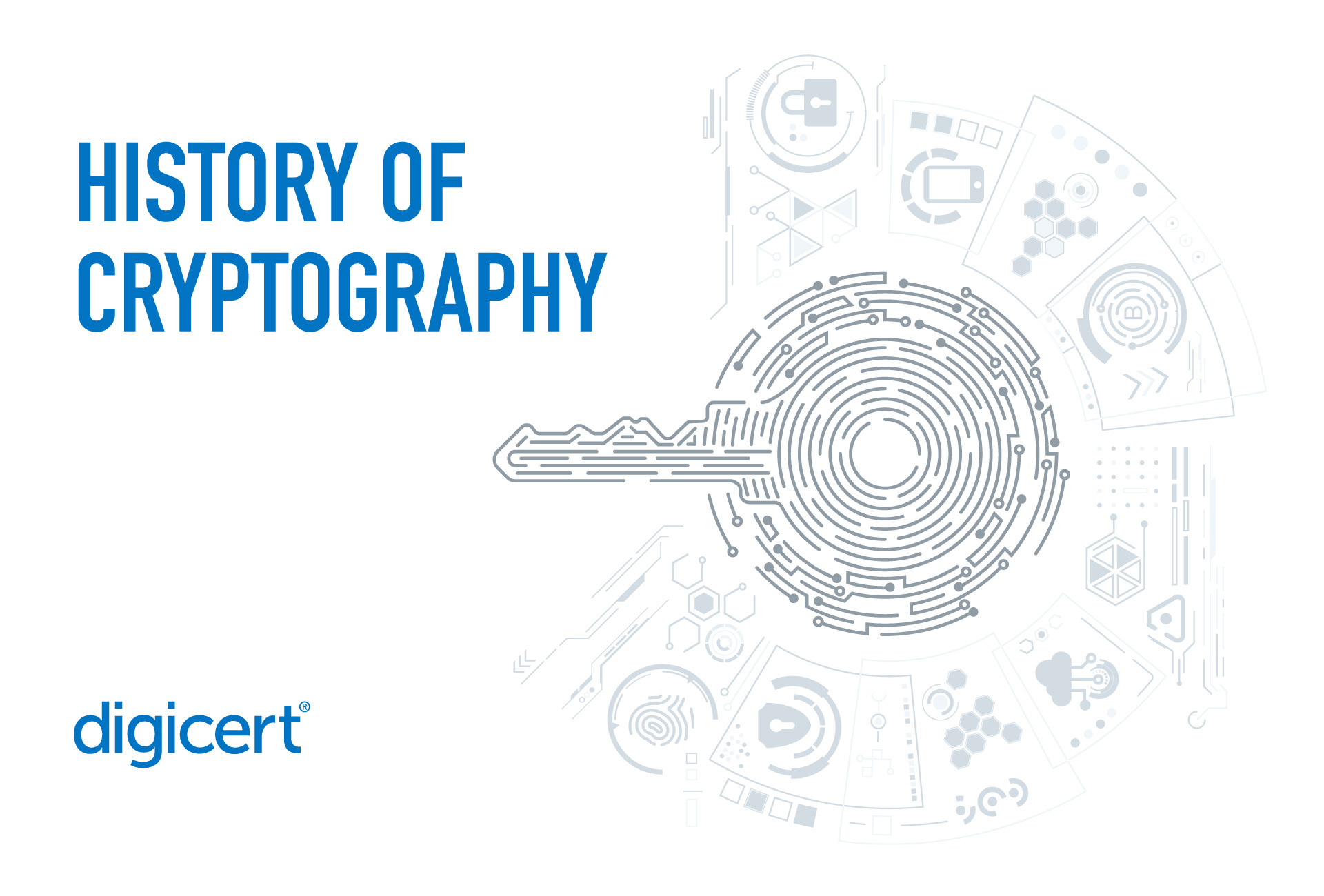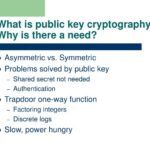Cryptography, the art and science of securing communication and information, has evolved into a complex and multifaceted discipline. It serves as the backbone of modern security protocols, from online banking to private communications. However, for many individuals, embarking on the journey to learn cryptography can feel daunting. The pivotal question emerges: How long does it take to learn cryptography for beginners? This article endeavors to provide a detailed timeline and a structured approach to mastering the core concepts of cryptography.
The Initial Stage: Setting the Foundations (0-1 Month)
For any novice, the first month should encompass a foundational understanding of the principles of cryptography. This period is critical for grasping essential concepts such as confidentiality, integrity, and authentication. It is advisable to familiarize oneself with key terminologies such as symmetric and asymmetric encryption, hash functions, and digital signatures.
Several resources are available for beginners, including introductory texts and online courses that cover the basics. Engaging in community discussions, forums, and study groups can further enhance the learning experience. The goal at this stage is to cultivate a fundamental vocabulary and framework that will serve as a springboard for more advanced study.
Diving Deeper: Intermediate Knowledge (1-3 Months)
Once the foundational concepts are established, the next two months can be dedicated to intermediate topics. This phase involves a more extensive exploration of encryption algorithms, such as AES and RSA, and the mathematical principles underlying them. Engaging with online platforms that offer interactive coding exercises can significantly bolster comprehension.
During this timeframe, learners may confront challenging subjects, such as modular arithmetic and number theory, which are instrumental in the study of asymmetric cryptography. Individuals should allocate time for both theoretical study and practical application, allowing for an interconnected understanding of how cryptographic systems operate.
Advanced Concepts: The Crucial Leap (3-6 Months)
Armed with intermediate knowledge, learners may now approach more advanced topics. This period spans three to six months, during which learners can delve into the intricacies of cryptographic protocols, including SSL/TLS, elliptic curve cryptography, and public key infrastructure (PKI).
At this juncture, it is vital to challenge oneself with practical projects. Implementing cryptographic algorithms in programming languages such as Python or Java can provide invaluable hands-on experience. Furthermore, learners should explore contemporary challenges, such as cryptographic attacks and the implications of quantum computing on traditional cryptographic systems. This phase is where theoretical knowledge is tested through real-world applications, reinforcing the learner’s understanding of the topics.
Specialization and Mastery: The Expert Stage (6-12 Months)
For those intent on becoming proficient cryptographers, the period between six months to one year should focus on specialization. This might involve selecting particular areas of cryptography that resonate with personal or professional interests, such as cryptanalysis, blockchain technology, or secure communications.
Engagement with academic literature and research papers is essential for those looking to deepen their expertise. Attending seminars, workshops, or conferences where advanced concepts are discussed can provide networking opportunities and exposure to the latest trends in cryptography.
Partaking in open-source projects is another effective way to solidify understanding and apply knowledge practically. Collaborating with experienced developers allows for mentorship and insight into current security challenges faced in the industry.
Continuous Learning: The Lifelong Journey
Cryptography is a rapidly evolving field, perpetually adapted to the demands of technological advancements. Thus, commitment to lifelong learning is non-negotiable for any serious cryptographer. After achieving a level of proficiency, continuous exploration of emerging concepts and techniques is necessary.
Online courses, webinars, and workshops can help maintain a cutting-edge understanding of the field. Engaging with professional organizations dedicated to cryptography creates opportunities for ongoing education and skill enhancement.
Potential Challenges: Overcoming Hurdles
As with any challenging subject, obstacles are an inherent part of the learning process. One of the most significant challenges learners may face is the abstract nature of the mathematical foundations that cryptography relies upon. The diverse array of algorithms and protocols can also overwhelm those just starting their journey.
Despite these challenges, numerous resources are available to assuage these difficulties. Online communities, study groups, and mentors can provide support and resources to facilitate the learning process. Additionally, breaking down complex concepts into manageable components allows for a more digestible and less intimidating approach to cryptography.
A Playful Question: Are You Ready to Secure the Future?
In closing, potential learners must ponder an important question: Are you prepared to embark on this intellectually stimulating journey? Whether your motivation stems from a desire to enhance personal security, pursue a career in cybersecurity, or simply satiate a passion for problem-solving, cryptography offers a wealth of knowledge and application.
Moreover, approaching cryptography with an analytical mindset while cultivating a playful attitude toward its challenges can create a rewarding learning experience. With dedication, persistence, and a structured timeline, the quest to master cryptography can transform from an abstract endeavor into a practical skill set integral to the increasingly digital future.








Leave a Comment